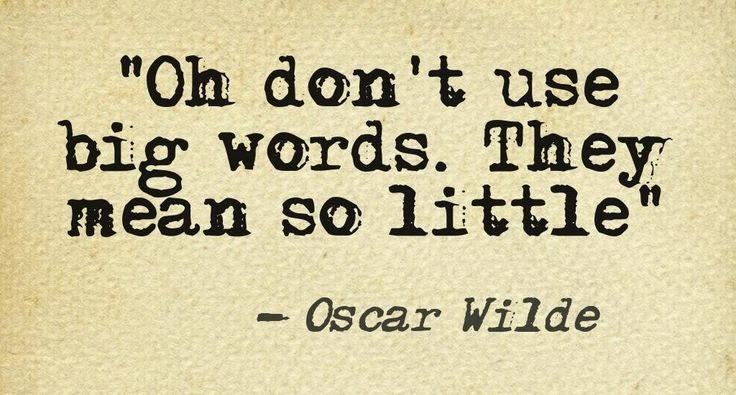
This is just my opinion, but after a couple decades doing this, I would worry about finishing the novel first.
Marketing is a full time job, and you
want to be a writer. So, Write.
Seriously. Get the novel done, beta read, edited, and then the cover completed.
Now, this is a fast easy way to get your novel going so you can get back to writing. Because that is what we do, we write novels, right?
1. Write three short stories that go with the novel. Each between 10k-15k words. Craft them with all the skills you have, and tie them directly to the novel you just finished.
2. As a cycle, putting out one short story every week, on Wednesday morning -- Go on to Amazon, e-publish one of those short stories. List them for $0.99 but use the Special pricing of FREE for the four days they will allow you. One per week, and in-between start mapping out and researching your next novel.
3. At the end of the run, publish your novel at $3.99 on amazon, no free option.
4. Once your novel is up, go to SmashWords, and run the same schedule.
5. Then, write another novel.
Never read or reply to your reviews.
...just saying.
The only thing I would add is a blog, but
only if you are going to commit to posting something every day. That is where you can answer questions or comment if someone gives you an opinion on your novel. But if you aren't going to commit to a post
every day, then don't do it. A dead blog is death to your marketing.
Look at the list of my activity over on the side of this blog. See those first two years? Three? Yeah... I had a huge problem getting a readership "
Back". Most of my readers (the ones from the writing I've done under my own name) had
come and gone, a long time ago. Since I was ghostwriting these series novels, I didn't really give this blog much thought. And I'm grateful that when I came back to it I didn't need to get a readership up in a hurry, because my readers are only just now beginning to trust me enough to trickle back in.
And thank you for the chance.
#amwriting #writerslife #write




.jpg)




















